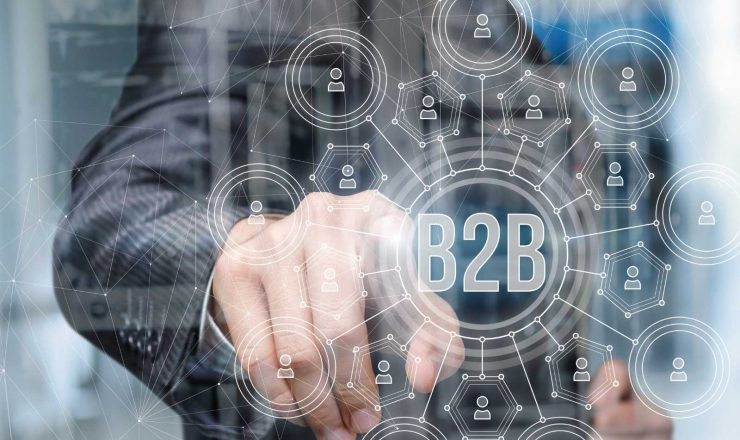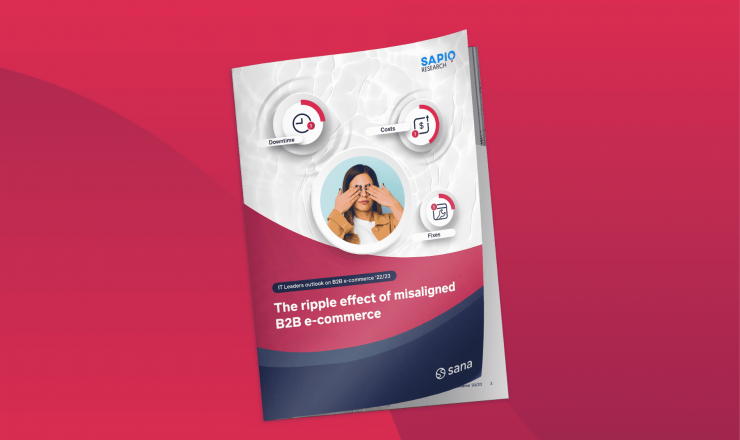

Your computer can’t run without a CPU. Your body can’t function without your brain. And your business can’t function without an ERP. The ERP is the brains of your business. It ties together your payroll, your purchases, your accounting, your resources – all of your databases into one, coherent system that is updated in real-time. Your ERP allows you to know what you have and where you have it. Without your ERP, you’re left with a tangle of databases that don’t speak to each other – and you’re stuck manually shifting information between each. But your ERP provides more benefits than simple automation. When properly deployed, ERPs can radically transform how businesses access their proprietary data. Are you getting all the benefits that your ERP provides?
What is an ERP system?
An ERP is an enterprise resource planning system, which is a type of business management software. They first came to prominence in the 1990s with a focus on Manufacturing Resource Planning. By the 2000s, ERPs expanded beyond manufacturing to focus on both back-of-house and customer-facing business functions. Today, Modern ERP systems connect your Accounting systems, Human Resources, CRM, Sales functions, and other Business functions into one database that is fed with real-time data.
What are examples of an ERP system?
Two of the most successful ERPs are Microsoft Dynamics and SAP. Sana Commerce is built to seamlessly integrate with these ERP systems, ensuring your web store and e-commerce accurately reflect what you have on hand.
Five ways you will benefit from an ERP system
I’m sure you’ve heard, “your ERP connects everything.” But what does that look like? What benefits do you get when you “connect everything?” When properly implemented, an ERP is a real boon for your business, saving you time and eventually reducing overall costs.
1. Data visibility
Modern ERPs provide unprecedented visibility into your data. When all your business functions are no longer siloed, but are integrated, you are suddenly able to nimbly examine all relevant pieces of company data. Payroll, inventory, transactions – it is all transparent and accessible. It’s your data, you should be able to use it. ERPs put your data back to work for you.
2. Streamlined business processes
Your ERP streamlines your business by automating many tedious tasks such as generating orders and invoices. Since all of your data is stored in a central repository, you no longer have to spend time manually updating and reentering data across dozens of different spreadsheets and databases. On top of that, your business functions now have access to all of this data, meaning they no longer have to go through the difficult task of retrieving it from various departments. It’s all in one place for your employees to access fast.
3. Improved customer satisfaction
Your ERP system benefits your customers in two major ways. First, your ERP keeps your inventory up-to-date and oversees a customer’s order from packing to tracking to delivery. Second, your ERP will either integrate your CRM or come loaded with CRM tools such as customer profiles and lead tracking. Either way, you will have access to this up-to-date customer data, allowing you to approach your customers and leads with content and offers that are relevant to them.
Between easy order tracking and robust customer profiles, your ERP will keep your customer base happy and ready to reorder.

Report: 84% of IT leaders say their e-commerce solution has negative impact on the business
Learn what IT leaders have to say about e-commerce and the impacts it has across the business.
4. Increased ROI
ERP systems are expensive to implement – typically around 2-5% of a company’s annual revenue. That’s because they integrate so many different siloes, allowing them to talk to each other. But, within 3 years of ERP implementation, 90% of companies who adopted a modern ERP had achieved ROI. Within 5 years, over 99% of companies had made back their initial investment. With proper implementation, your ERP pays for itself.
5. Real-time accurate data across all systems
This is what makes the ERP so valuable. With your ERP, you not only have centralized data, but you also have real-time accurate data. When your inventory changes due to a customer order, your ERP reflects that.
What are the drawbacks of an ERP system?
While we firmly believe the benefits of implementing a modern ERP system outweigh the costs, there are a few drawbacks that you need to be aware of.
Expense
ERP systems are not inexpensive, they cost between 2-5% of a company’s yearly revenue. However, ERPs can reduce costs by increasing efficiency, eventually leading to ROI. Again, 90% of businesses achieve an ROI on their ERP within 3 years of implementation.
Time to get up and running
Implementing an ERP isn’t a weeklong project. It can take anywhere from six months to two years to get an ERP up and running at your company. While 90% of ERP systems pay for themselves in three years, you still have to push through the lengthy onboarding process. Companies that aren’t up for this challenge should consider exploring less comprehensive software options.
Are there alternatives to an ERP system?
Not every business is ready for a fully integrated system that touches all parts of their business. For a company that needs insight into only certain aspects of their business, a “best-of-breed” or specialized software solution can be more affordable and faster to implement. The tradeoff, of course, is that your data remains siloed. Is that a risk your company is willing to take?
How can I integrate an ERP to my e-commerce platform?
Without access to your ERP, your e-commerce platform is flying blind. It isn’t receiving real-time updates for your inventory or your shipped orders. It’s clunky. It risks frustrating your customers. How do you fix this? By integrating your e-commerce platform with your ERP.
ERP integration increases:
- Sales efficiency
- Order accuracy
- Customer satisfaction




